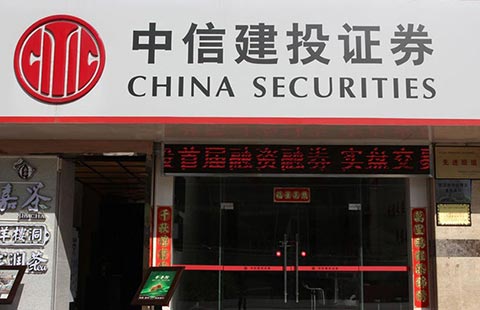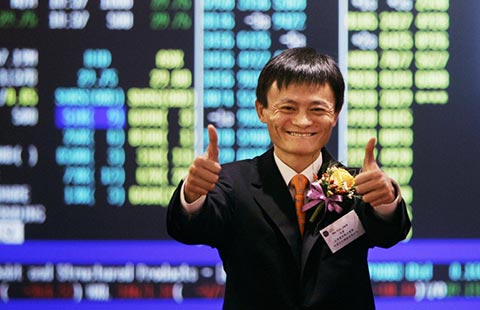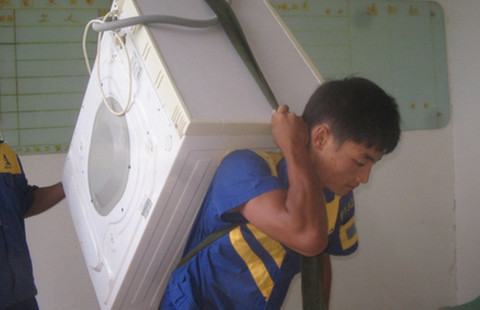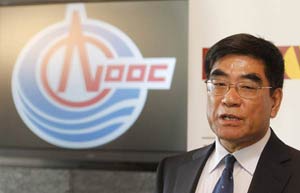Economists urge steady macroeconomic policy
By Chen Jia (China Daily) Updated: 2012-04-19 10:30
Lower annual GDP growth target, more reliance on domestic consumption are needed now
Chinese economists have urged the government to maintain macroeconomic policy continuity and focus on long-term structural transformation, even though economic growth may continue to slow in the current quarter.
The government needs to "improve tolerance about a longer slipping of economic expansion", Chen Wenling, chief economist with the China Center for International Economic Exchanges, a top think-tank, said on Wednesday.
The policy stance, which includes a lower annual GDP growth target and more reliance on domestic consumption, as opposed to exports, for growth, should be pursued without reference to temporary difficulties, Chen said.
After GDP growth ebbed to a nearly three-year low of 8.1 percent in the first quarter, financial market participants took the view that China may further ease monetary policy to accelerate growth.
Domestic economists attributed the faster-than-expected economic cooling to a sharp deceleration of first-quarter export growth to 7.6 percent and relatively slow growth in fixed-asset investment of 20.9 percent. These figures were released by the National Bureau of Statistics on Friday.
"In the first half, the economic slowdown may continue, but at a moderate pace," said Wang Jun, a senior economist at CCIEE.
A worsening export situation caused by further deterioration in the eurozone, a faster drop in corporate profits and resurgent inflation could add to the risks for the economy in the second half, Wang said.
A statement from the State Council said on Friday that policymakers will take fine-tuning measures to strengthen economic development and "efforts should be made to leave more room for new policies and prepare for hardships and tests".
"The actual situation of China's economy may not be as bad as the NBS figures showed," said Liu Yuanchun, deputy head of the Economics School of Renmin University of China.
Some leading economic indicators, such as the purchasing managers' index for operational activities in the manufacturing sector, increased to 53.1 in March from February's 51. Such statistics can show a rebounding trend in business expansion, said Liu.
The government has already eased monetary and fiscal policy since November, and "it is unreasonable to make a greater easing as the previous policy loosening is going to take effect in the coming months", Liu added.
"The transformation of the development model is a long-term task, and it is normal to see bankruptcies of some small and medium-sized enterprises, especially those with obsolete production capacity, which suggests that the government should not be too nervous." Liu said.
chenjia1@chinadaily.com.cn
- China brands beat rivals with tea toothpaste & pickled plums
- Economic reform remains at top of Party's agenda
- Chinese antitrust agency looking into Microsoft
- Regulator okays CDB's housing finance unit
- Chinese leader stresses economic restructuring, innovation
- East China city lifts home purchase limit
- McDonald's Japan pulls earnings guidance
- Animation and comic exhibition ends in Hong Kong















